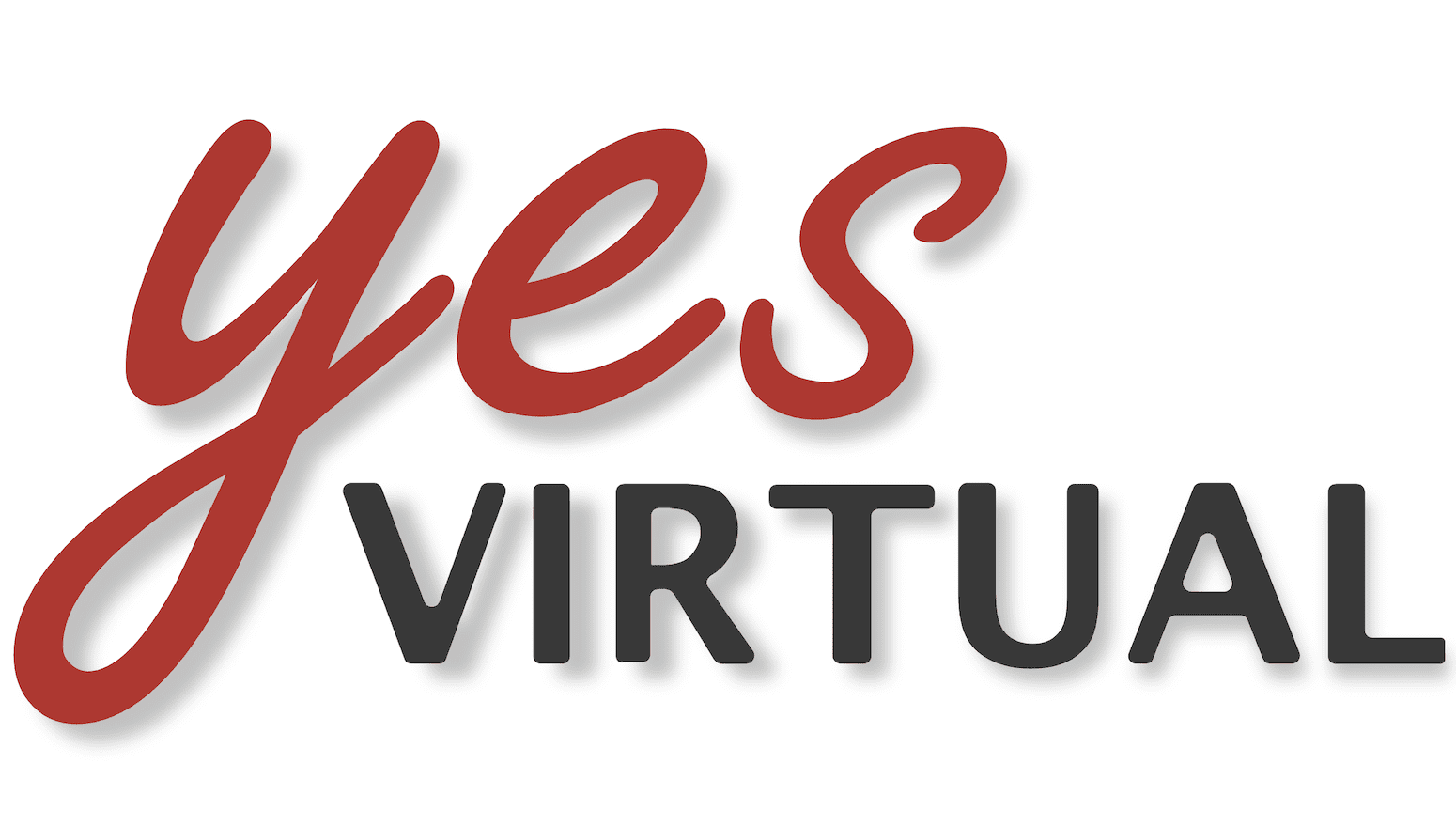Hiring virtual assistants (VAs) in the property management sector can be a cost-effective solution compared to traditional employees, but understanding the nuances of their pricing is key to making informed decisions. Virtual assistants can be hired on a contractual basis, which means you can scale their hours based on current business needs, avoiding the overhead associated with full-time salaries and benefits. The cost of a virtual assistant can vary widely depending on their location, experience, and the specific tasks they are hired to perform. For instance, VAs from regions with lower living costs can often provide more competitive rates, while still maintaining a high level of professionalism and skill.
When considering the costs, it’s also important to factor in the type of tasks you need assistance with. Routine administrative duties such as answering calls, managing emails, and scheduling appointments are generally less expensive than more specialized tasks like digital marketing, tenant screening, or financial reporting. Additionally, the level of experience a VA brings to the table can affect their rates. More experienced VAs who can handle complex property management software or provide customer support in multiple languages might command higher fees but can also deliver greater value through their expertise and efficiency.
To optimize the cost-effectiveness of hiring virtual assistants, property management companies should clearly define the roles and responsibilities they expect VAs to undertake. Utilizing a trial period can also help assess the VA’s impact on operational efficiency and cost savings. Moreover, investing in proper training and integrating VAs with your existing teams can maximize their productivity, making the investment even more worthwhile. By carefully considering these factors, property managers can leverage virtual assistants to enhance their services while controlling costs and boosting overall profitability.
